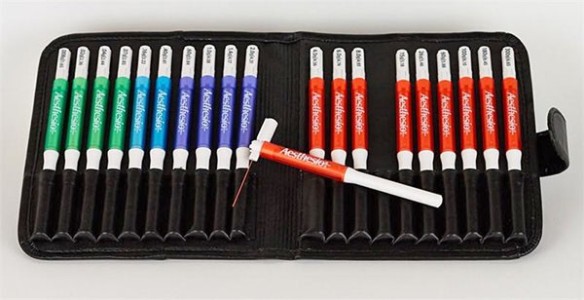Authors
H Li, W Kong, C R Chambers, D Yu, D Ganea, R F Tuma, S J Ward
Lab
Center for Substance Abuse Research, Department of Pharmacology, Lewis Katz School of Medicine, Temple University, Philadelphia PA, United States
Journal
Cellular Immunity
Abstract
We evaluated the effects of the non-psychoactive cannabinoid cannabidiol (CBD) on the inflammatory response and recovery of function following spinal cord injury (SCI). Female C57Bl/6 mice were exposed to spinal cord contusion injury (T9-10) and received vehicle or CBD (1.5 mg/kg IP) injections for 10 weeks following injury. The effect of SCI and CBD treatment on inflammation was assessed via microarray, qRT-PCR and flow cytometry. Locomotor and bladder function and changes in thermal and mechanical hind paw sensitivity were also evaluated. There was a significant decrease in pro-inflammatory cytokines and chemokines associated with T-cell differentiation and invasion in the SCI-CBD group as well as a decrease in T cell invasion into the injured cord. A higher percentage of SCI mice in the vehicle-treated group (SCI-VEH) went on to develop moderate to severe (0 Ð 65.9% baseline thermal threshold) thermal sensitivity as compared with CBD-treated (SCI-CBD) mice. CBD did not affect recovery of locomotor or bladder function following SCI. Taken together, CBD treatment attenuated the development of thermal sensitivity following spinal cord injury and this effect may be related to protection against pathological T-cell invasion.
BIOSEB Instruments Used
Von Frey Filaments (Bio-VF-M)
Keywords/Topics
Neuropathic pain; Spinal Cord; Inflammation; Pain; Cross-disciplinary subjects ; Central Nervous System (CNS)
Source :
https://www.sciencedirect.com/science/article/abs/pii/S0008874918300911

 Pain - Thermal Allodynia / Hyperalgesia
Pain - Thermal Allodynia / Hyperalgesia Pain - Spontaneous Pain - Postural Deficit
Pain - Spontaneous Pain - Postural Deficit Pain - Mechanical Allodynia / Hyperalgesia
Pain - Mechanical Allodynia / Hyperalgesia Learning/Memory - Attention - Addiction
Learning/Memory - Attention - Addiction Physiology & Respiratory Research
Physiology & Respiratory Research











![Dynamic Weight Bearing 2.0 – Postural Module [Add-on]](https://bioseb.com/733-home_default/dynamic-weight-bearing-20-add-on-postural-module.jpg)
























 Pain
Pain Central Nervous System (CNS)
Central Nervous System (CNS) Neurodegeneration
Neurodegeneration Sensory system
Sensory system Motor control
Motor control Mood Disorders
Mood Disorders Other disorders
Other disorders Muscular system
Muscular system Joints
Joints Metabolism
Metabolism Cross-disciplinary subjects
Cross-disciplinary subjects CONFERENCES & MEETINGS
CONFERENCES & MEETINGS 